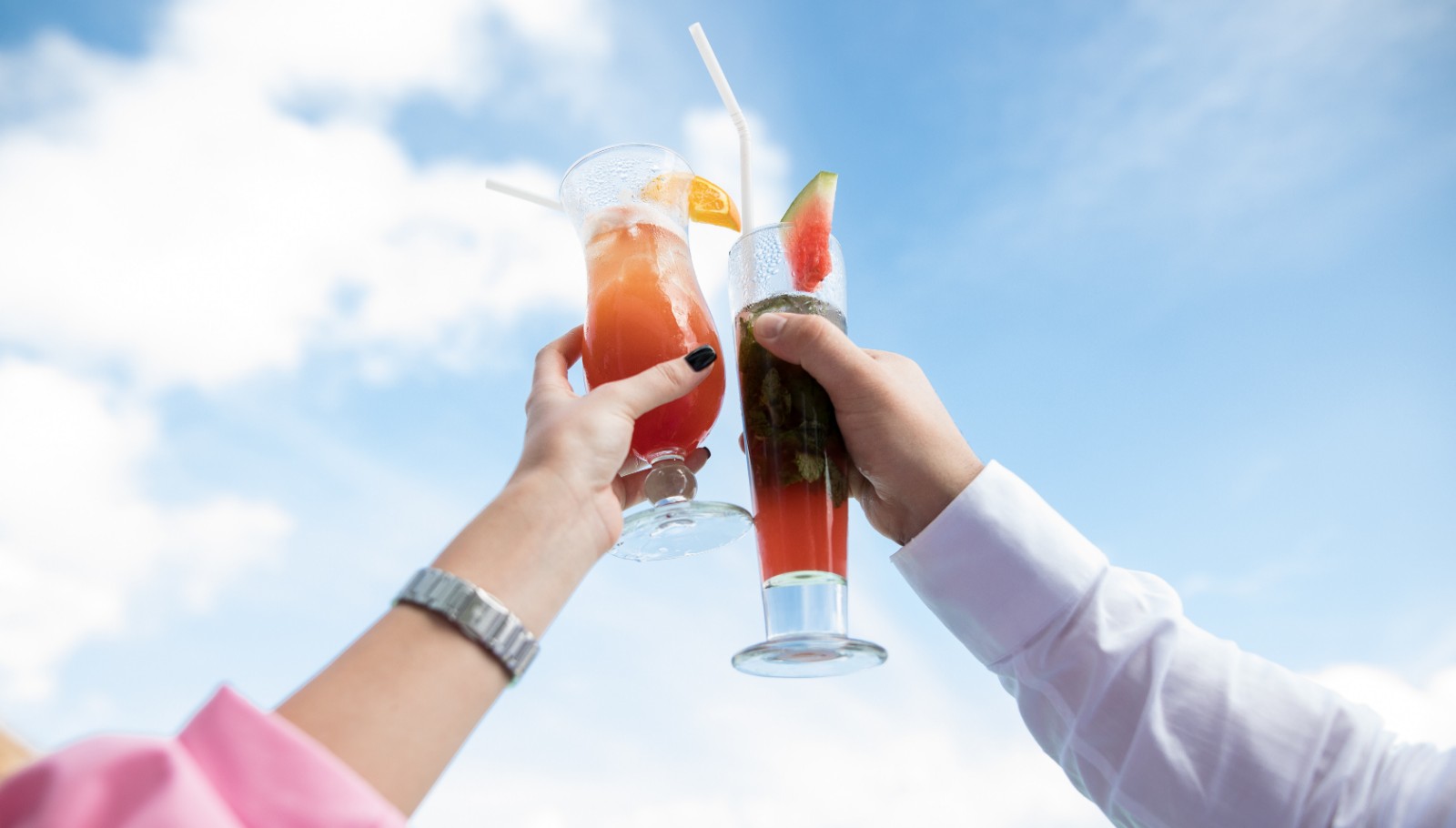According to data published by Allied Market Research, the non-alcoholic drinks market size is estimated to grow at a CAGR of 4.4% to reach $2,090 billion by 2022.
This rise of low and no booze beverages is down to numerous shifts in trends and public consciousness. Distill Ventures, the investment arm of Diageo, the worlds largest distiller and owners of Smirnoff Vodka and Guinness Stout, identified three main trends in their 2017 white paper on the emergence of this category: greater focus on wellbeing, a thirst for experiences and choice and curiosity.
This seismic shift is easily spotted in artisanal café’s regularly frequented with millennials where you are now constantly confronted with kombucha, organic cola and other alternative soft drinks boasting healthy benefits.
But now these sentiments are also moving into the world of night-life, bars and restaurants where alcohol is the main feature and new brands a subsequently being born.
In 2016, through Distill Ventures, Diageo invested in their first non-alcoholic beverage after almost 260 years in the business of alcohol — Seedlip the world’s first distilled non-alcoholic spirit.
“Traditionally, if someone wasn’t drinking alcohol people would say they were ‘not drinking’. This used to mean they could only choose from a range of sugary, fizzy, or fruity drinks or juices, but this is changing dramatically. The demand for complex, more challenging options is growing fast which is one of the reasons we believe that non-alcoholic drinks are one of the most exciting trends and biggest opportunities currently emerging in the drinks industry,” said Distill Ventures following their first foray into sophisticated soft drinks.
Here are three of the most exciting answers to not drinking alcohol that have emerged over the last few years.
Seedlip

Diageo’s investment in this botanical spirit should speak for itself. Seedlip is the creation of Ben Branson, a farmer and marketing professional that turned his love for tinkering with copper-stills and fresh ingredients from his family farm into a booming business.
“A lot of our success has had to do with timing. We’re living in a time when people are thinking about their health, reading labels, and are just generally interested in where things they consume come from,” he said.
Seedlip describes itself as “Nature Company on a mission to change the way the world drinks with the highest quality non-alcoholic options.”
Seedlip now has a range of three botanical spirits and can be found in 20x international cities, over 250 top-rated restaurants, many of the world’s best cocktail bars, luxury hotels & high-quality retailers.
Three Spirit

“Alcohol has long held a powerful association with enabling connection, but we wanted to find a plant-based alternative that also helped you feel good. We wanted a choice where there was none,” say Three Spirit.
The brand has an alchemic vibe and was formulated by mixologists, herbalists and phytochemists using active plant compounds used for thousands of years for ancient rituals & celebrations. The spirit style plant potion uses a formulation of 11 natural ingredients sourced from across the world and is said to provide a deeper connection to your surroundings, self and those around you and the overall feeling of being “blissed-out.”
A first of it’s kind, Three Spirit is a non-alcoholic, mood altering “social-elixer” designed to make you feel the nice buzz associated with alcohol without being drunk.
Rebel Coast
Rebel Coast Winery started off making traditional wines, but when cannabis prohibition ended in California in 2018 they had a unique idea. It turns out that you cannot sell cannabis and alcohol in the same establishment, and you certainly cannot put the two in the same product. Rebel Coast founder, Chip Forsythe’s solution — remove the alcohol and add low doses of THC.
Their Sauvignon Blac, Rebel Coast is the world’s first cannabis-infused wine and contains 20mg of THC is in every bottle, which comes out to the equivalent of 5mg of THC in each glass. This dose is enough to get you high and feeling relaxed and giggly but not super stoned.
Removing the alcohol from wine also removes the majority of the calories which greatly appeals to the young and health conscious herb lovers — each glass also only contains 35 calories. Another upside — no hangovers.
Unfortunately, due to current US law, cannabis and cannabis-derived products cannot cross state lines, so if you can’t wait to try Rebel Coast you better book a flight to California!

